As I give talks about Juliette Gordon Low, I am often asked whether or not she was a suffragist. That question is difficult to answer. I try to make a distinction between how she may have felt personally, and the decision she made for her organization.
Many of you have seen the cartoon that Juliette Gordon Low drew on the topic of women’s suffrage. It contains a phrase that we today don’t use much anymore, and thus it seems difficult to understand. Under her cartoon, Juliette Low wrote “If other things fail / Put salt on his tail.”
The phrase was an old folk tale. It can be found in the earliest versions of Mother Goose from the late eighteenth century, from the rhyme “Simple Simon:”
He went to catch a dicky bird,
And thought he could not fail,
Because he had a little salt
To put upon its tail.
Of course, if you are close enough to sprinkle salt on a bird’s tail, then you are probably close enough to catch that bird. Sir Walter Scott, a novelist whose works Juliette Low often read, incorporated the folk belief into his book Redgauntlet, and it turns up in other pieces of literature as well. [1]
Hmmmm….so, what did she mean exactly? Suffragists should get closer to the men in Parliament who were denying women the vote? My guess, as her biographer, is that Juliette Low was probably reading Redgauntlet at the time, or had remembered the phrase given her life-long love for birds, and simply made the sketch to amuse herself. She never intended it for publication. She was not a deep intellectual, and so I doubt it was the result of months of reading, analyzing, and pondering suffrage strategies.
What is most interesting about the sketch is that Juliette Low has drawn herself as the woman in the cartoon. This seems to place her solidly in a pro-suffrage position, quietly but purposefully stalking the legislator in order to capture him. And, in England, she did know several members of Parliament and other influential people.
She may have created her sketch near the time that U.S. women gained the vote with the 19th amendment (passed in 1920). Or, it may have been earlier. Juliette was friends with Agnes Anstruther, who was part of the pro-suffrage movement in England.
In 1908 Juliette Low attended a “Suffragette meeting” with Anstruther. Before they went, Juliette wrote to her sister, “You know I do sympathize with their desire to make laws for women workers which will protect the women against unjust employers.” [2] She did not say that she sympathized with their cause to bring about women’s suffrage. Most women of her class, in Britain and in the U.S., considered the vote to be beside the point–perhaps necessary to help working-class women protect themselves, but not important for women of means.
Was Juliette Low a committed suffragist? There is the evidence of her undated cartoon. In 1915 Juliette wrote, “I believe the theory of the justice of women having the vote.” [3] But there is little evidence beyond that. Juliette’s mother, Nellie Kinzie Gordon, was a strong anti-suffragist. “I am not anxious,” Nellie said more than once, “to hear a hen attempt to crow.” [4]
By the time suffrage became front-page news in the United States, Juliette Low was already immersed in Girl Scouting. As president of an organization that she meant to be open to all girls, Low had to remain aloof from contentious topics. Her rationale was clear, as she explained in a 1915 letter. “[T]he welfare of the Girl Scouts must come first,” she wrote. “If it is thoroughly understood by everybody that the Girl Scouts are neutral we will be left out of all practical & religious controversies. [T]o leave any one in doubt means in this instance to arouse the suspicion & perhaps the enmity of 800 suffragettes in Savannah…Neither you nor I nor any representative of Girl Scouts has any option about handling a question on suffrage because we have no right to vote at all.” [5]
In short, to embrace the suffrage movement was to alienate anti-suffragists. To speak out against votes for women was to anger the suffragists. So, in the interests of Girl Scouting, Juliette Gordon Low made an executive decision for her organization to remain neutral. For the same reasons, she could not broadcast her personal views. As founder, she was too closely associated with Girl Scouts.
Many Girl Scouts want to know that Juliette Gordon Low was a suffragist. She may have been. But, as she wrote, “the welfare of the Girl Scouts must come first.” She could not have been outwardly pro-suffrage if her primary goal was to bring in girls from families of all political persuasions.
____
[1] Sir Walter Scott, Redgauntlet, in The Complete Works of Sir Walter Scott, Vol. IV (New York: Conner & Cooke, 1833), 81. Just by way of interesting factoids, Redgauntlet contains a story entitled “Wandering Willie’s Tale.”
[2] Juliette Gordon Low to Mabel Gordon Leigh, 8 November 1908, Juliette Gordon Low Birthplace, Savannah, Georgia.
[3] Juliette Gordon Low to Mabel Gordon Leigh, 2 May 1915, Georgia Historical Society, MS318/15.161.
[4] “Not a Sympathizer of Equal Suffragists,” 1914 clipping from MS 318, Scrapbook 5636, Box 35, Georgia Historical Society, Savannah, Georgia.
[5] See this letter in full on the Georgia Historical Society website: www.georgiahistory.com/containers/1417
Photos:
Juliette Gordon Low sketch used with permission from the Juliette Gordon Low Birthplace, Savannah, Georgia.
Photo of Simple Simon from Mother Goose Nursery Rhymes (New York: McLoughlin Brothers, n.d.) at http://etc.usf.edu/clipart/16200/16254/simple-simon_16254.htm.
Photo of John Singer Sargeant painting of Agnes Anstruther from wikipaintings.
U.S. pro-suffrage poster from www.lva.virginia.gov/public/archivesmonth/2007/img/photos/lva/08_0358_01.jpg.
British anti-suffrage poster from www.bodleian.ox.ac.uk/__data/assets/image/0007/97468/treasures-61-8-No-Votes.jpg


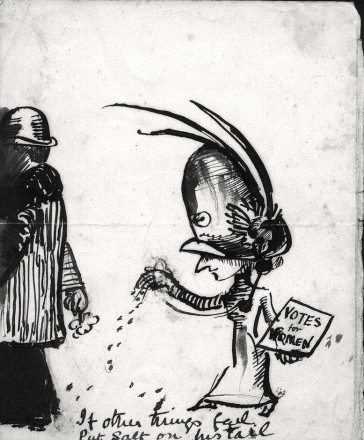
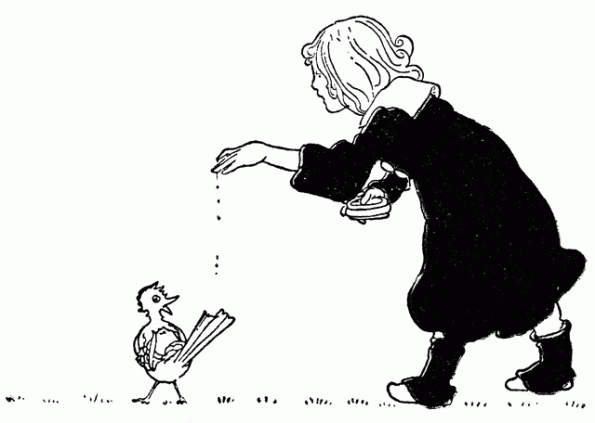
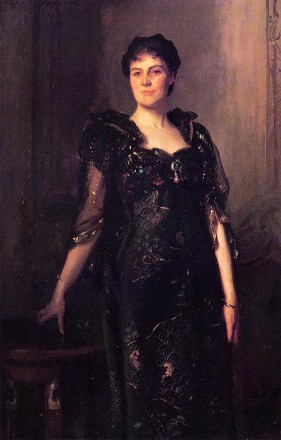
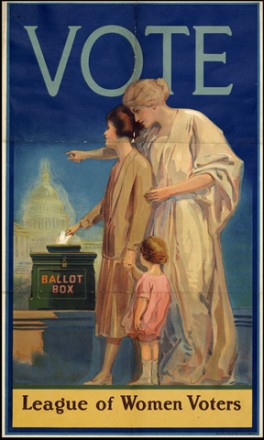
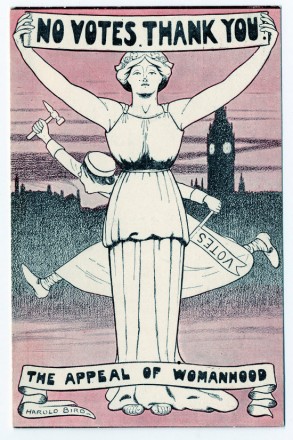
well, you worked your way around a really complicated answer with aplomb!
Thanks, Katherine…it is very complicated, I agree. This is a start! I appreciate the kind words.
Thank you for addressing this topic. I’d always wondered!
You’re welcome, Sue! Thanks for reading!